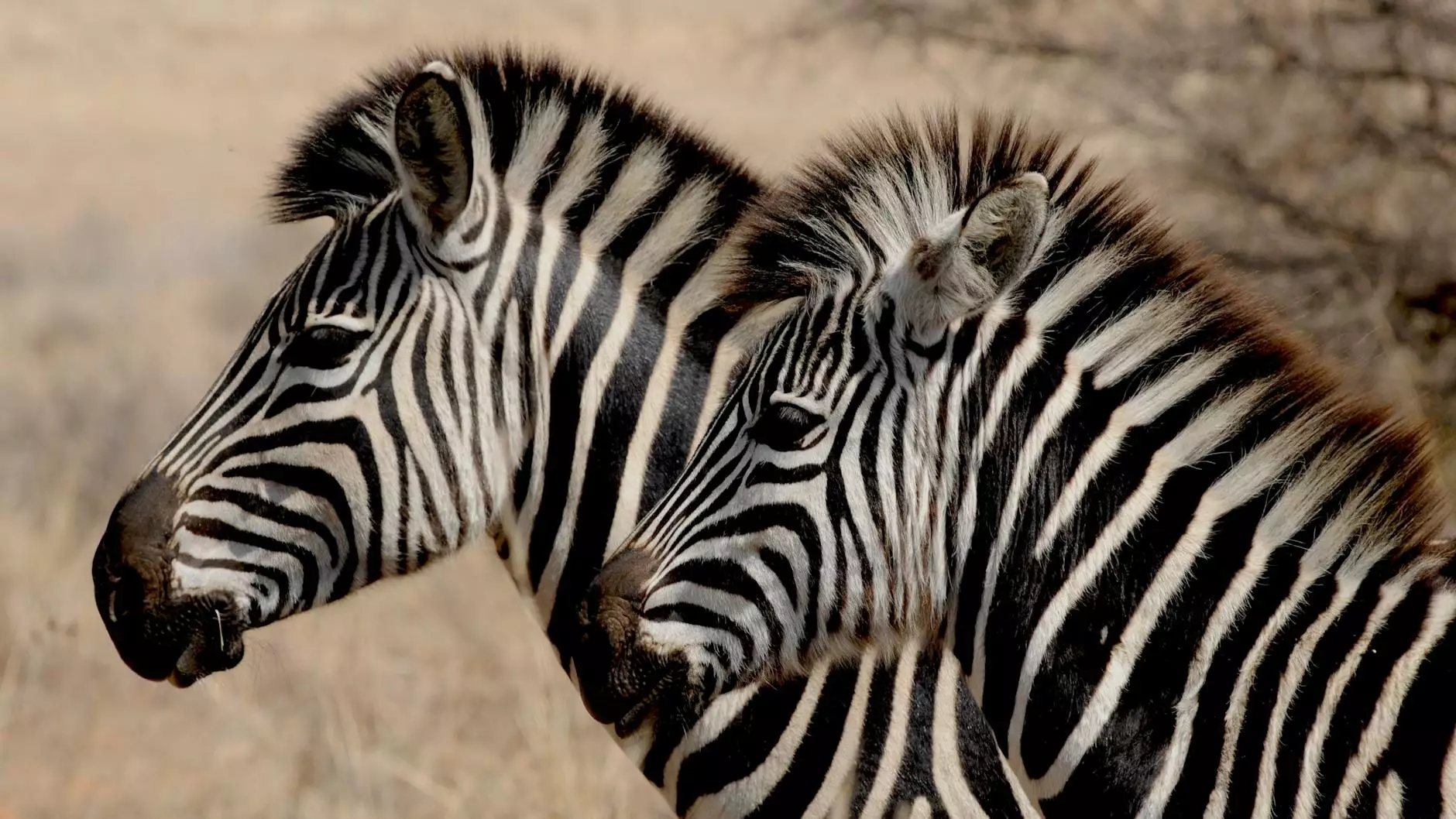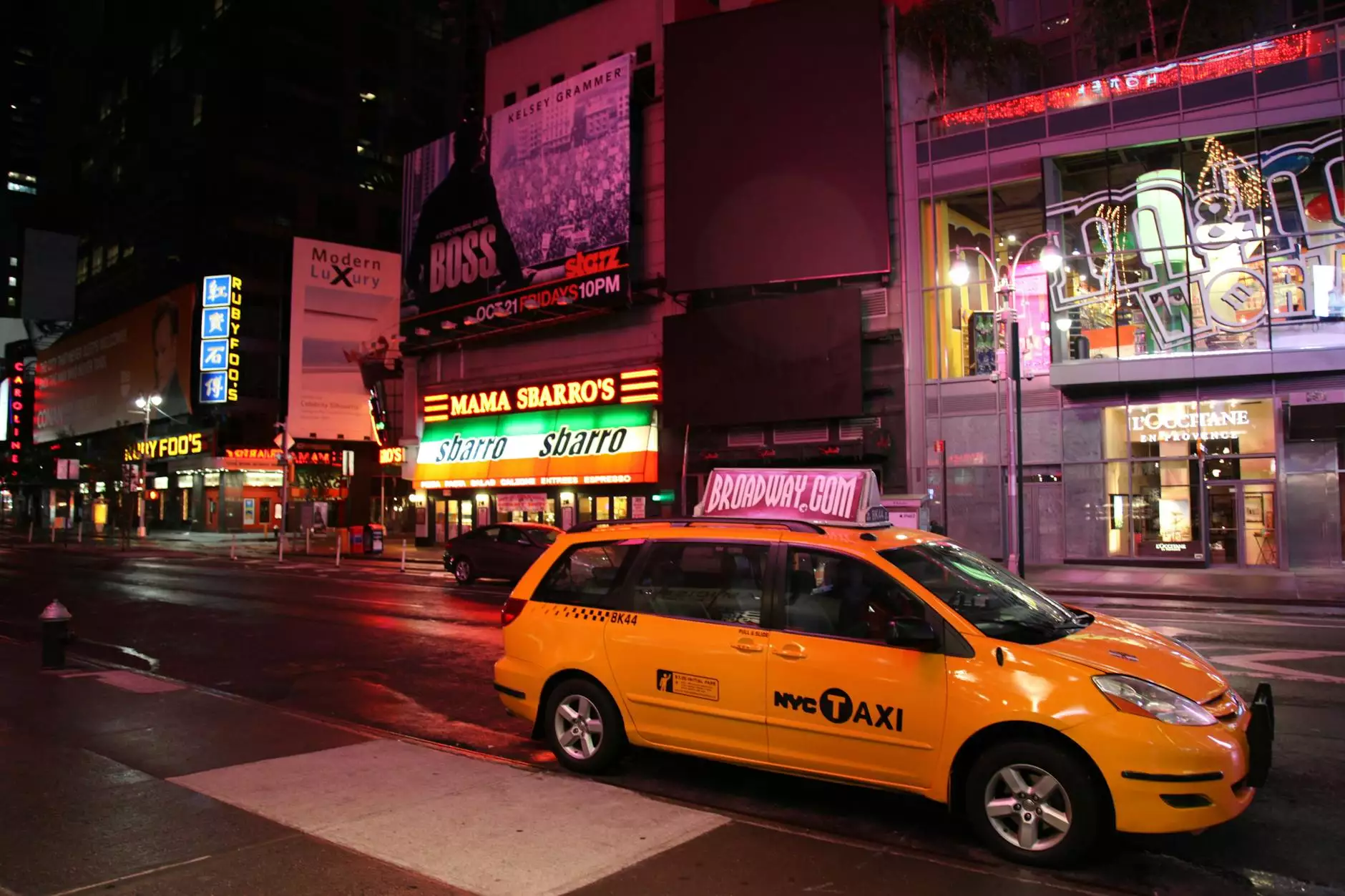Experience the Best Safari in Serengeti National Park

The Serengeti National Park is one of the most iconic wildlife reserves in the world and is renowned for its stunning landscapes and incredible animal migrations. It attracts visitors from all over the globe who seek to experience a firsthand encounter with nature's beauty. If you’re planning a safari in Serengeti National Park, let the experts at Ecological Adventure guide you through an unforgettable adventure.
Understanding the Serengeti Ecosystem
The Serengeti National Park spans approximately 14,763 square kilometers in northern Tanzania, characterized by its vast plains, riverine forests, and volcanic hills. It is part of the larger Serengeti ecosystem, which includes the Ngorongoro Conservation Area, and is home to over 2 million wildebeests, countless zebras, lions, elephants, and other wildlife species. Understanding this rich ecosystem is vital for appreciating the wonder of a safari in Serengeti National Park.
The Great Migration
One of the main attractions of a safari in Serengeti National Park is the dramatic spectacle known as the Great Migration. Every year, millions of wildebeests, accompanied by zebras and other herbivores, travel over 1,800 miles in search of fresh pastures. This natural phenomenon typically takes place from June to September as the animals move through the Serengeti towards the Masai Mara in Kenya, and from December to March as they return. Witnessing the Great Migration is a bucket-list experience for any nature lover.
Unique Flora and Fauna
The Serengeti is not just about the animals; it’s also rich in vegetation and diverse habitats. Here’s a brief overview of the different ecosystems you can expect to see:
- Grasslands: The vast savannah of the Serengeti is characterized by short grass, ideal for grazers like wildebeests and zebras.
- Woodlands: Scattered acacia and Baobab trees provide shade and habitat for various birds and monkeys.
- Riverine Areas: Areas along the rivers feature lush vegetation and are prime spots for predator sightings.
- Swamps and Marshes: These fertile areas support a variety of wildlife, including hippos and crocodiles.
Best Time for a Safari in Serengeti National Park
While the Serengeti is a year-round destination, the best time to visit for a safari in Serengeti National Park is typically during the dry season from June to October when wildlife is concentrated around water sources, making animals easier to spot. However, each season offers unique experiences:
- December to March: This is the calving season, where thousands of calves are born, attracting predators.
- April to May: The green season, where vegetation is lush, and birdwatching is exceptional.
Types of Safaris in the Serengeti
When planning your safari in Serengeti National Park, you have several options to choose from:
1. Game Drives
Game drives are the most popular way to explore the park. Guided by experienced rangers, you can drive through designated routes in a 4x4 vehicle, maximizing your chances of spotting the Big Five: lions, leopards, rhinos, elephants, and buffaloes.
2. Hot Air Balloon Safaris
For a spectacular bird’s-eye view of the Serengeti, consider a hot air balloon safari. Experience the thrill of floating above the picturesque plains at sunrise, followed by a champagne breakfast upon landing.
3. Walking Safaris
A walking safari provides a unique way to experience the Serengeti up close. Accompanied by expert guides, you’ll learn about the intricate details of the ecosystem, from animal tracks to plant species.
4. Cultural Tours
Experience the rich culture of the Maasai people through cultural tours. Learn about their traditions, lifestyles, and the relationship they have with wildlife.
Travel Tips for Your Safari
Here are some essential travel tips to make your safari in Serengeti National Park as enjoyable as possible:
- Pack Suitable Clothing: Lightweight, breathable clothing in neutral colors is recommended. Don't forget a hat, sunglasses, and a light jacket for cooler evenings.
- Binoculars and Camera: Bring binoculars for wildlife spotting and a camera with a good zoom lens to capture stunning moments.
- Health Precautions: Consult your doctor regarding vaccinations and malaria prophylaxis before your trip.
- Stay Hydrated: Make sure to drink plenty of water, especially during game drives.
Choosing the Right Tour Operator
Selecting a reputable tour operator is crucial for a successful safari experience. At Ecological Adventure, we pride ourselves on providing exceptional services. Here’s what sets us apart:
- Experienced Guides: Our guides are knowledgeable about the Serengeti’s wildlife and ecosystems, ensuring you have informative and safe experiences.
- Personalized Itineraries: We tailor tours based on your interests and preferences, ensuring a unique experience.
- Commitment to Conservation: Your safari contributes to wildlife conservation and community development, making your travel impactful.
Accommodation Options
Accommodation is another vital aspect of planning your safari in Serengeti National Park. You can choose from various options, including:
1. Luxury Lodges
Experience elegance and comfort in luxury lodges featuring stunning views of the Serengeti landscape.
2. Tented Camps
For a more authentic experience, consider staying in tented camps where you can enjoy the sounds of the wilderness at night.
3. Budget Campsites
If you’re traveling on a budget, several campsites are available within the park where you can set up your tent and immerse yourself in nature.
Conclusion
Embarking on a safari in Serengeti National Park is a once-in-a-lifetime adventure that promises incredible wildlife encounters, breathtaking landscapes, and lasting memories. Whether you’re witnessing the Great Migration, enjoying a hot air balloon ride, or simply soaking in the beauty of nature, the Serengeti offers something special for every traveler.
At Ecological Adventure, we are dedicated to providing you with the best safari experience tailored to your needs. Contact us today to start planning your dream safari!









